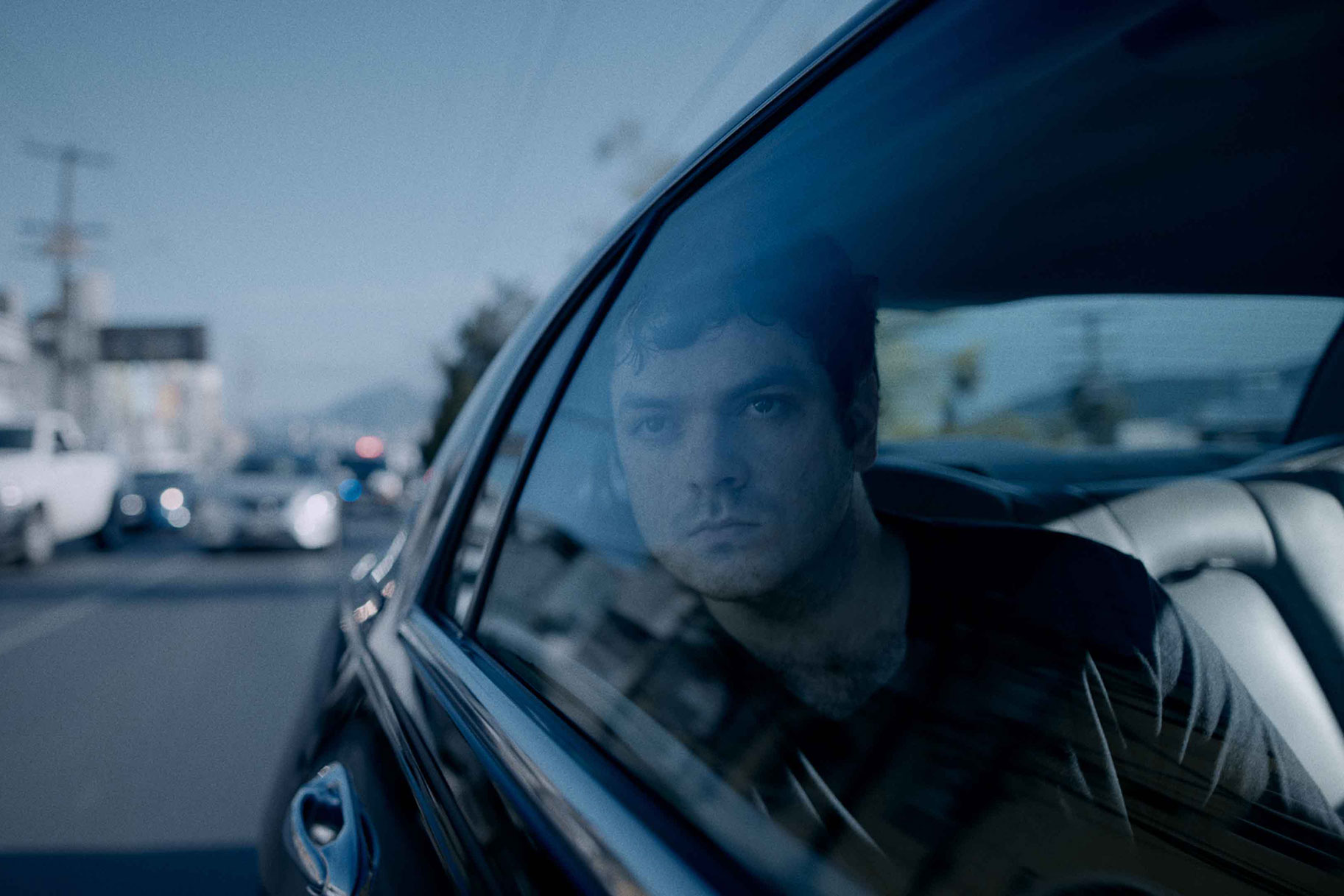Create a free profile to get unlimited access to exclusive videos, breaking news, sweepstakes, and more!
Where Is Alleged Wikileaks Courier Matt DeHart Of 'Enemies Of The State' Now?
Director Sonia Kennebeck says that Matt DeHart is still close with his family.

Matt DeHart, a man who claims he was persecuted by the government for being a hacktivist with knowledge of secret government intel, is the subject of the new documentary “Enemies of the State” but the film’s director Sonia Kennebeck says it’s more than just his story.
“For me, this film has never been just about his case,” she told Oxygen.com in an interview.
Kennebeck is no stranger to taking on stories about people with alleged connections to sensitive government information. Her 2020 documentary "National Bird" focuses on three whistleblowers who wanted to let the world know about America's drone war.
While DeHart was not a whistleblower, he claims that the United States government fabricated child porn charges against him in order to cover up an espionage investigation into classified government documents he possessed.
Kennebeck expressed to Oxygen.com that DeHart's story is one that may leave some viewers feeling uncomfortable because there is no clear villain or hero.
Indeed, DeHart is a complicated individual. He’s a former U.S. Air National Guard intelligence analyst, an apparent Anonymous hacker and alleged Wikileaks courier, and he’s also been convicted of charges related to child pornography.
As the documentary details, he was first investigated for child pornography allegations in January 2010. However, an FBI search of his Indiana home didn't turn up an evidence. He then attempted to seek asylum in both Russia and Venezuela, before deciding to move to Canada. There, he was detained at the border during the same year while trying to obtain a Canadian student visa.
From there, DeHart claimed he was tortured by American officials during his 21 months in prison. He and his family suggest because he downloaded sensitive documents — his mother alleges they showed that the CIA was behind the 2001 anthrax attacks — onto a flash drive to store for Wikileaks, the government used child porn charges as a way to punish him.
"We know the government has been doing terrible things," Kennebeck told Oxygen.com. "I think what this case shows is that the FBI used the child pornography charges to hold him longer [for the possible espionage case.]"
While DeHart denies the child porn accusations, the FBI calls them very real. They claim DeHart coerced two teenage boys in Tennessee into sending him nude photos and videos in 2008. He’s also accused of impersonating a teenage girl to get other teenage boys to send him even more inappropriate images.
"Multiple things can be true at the same time," Kennebeck told Oxygen.com. "A person who had child pornography could as well be a hacktivist."
From 2012 until 2013, DeHart was on bond living with his parents. At that point, he tried to seek asylum in Canada. He was then held under house arrest in Canada until 2015, when his request for asylum was denied. He was deported back to the United States where he ultimately took a plea deal. He pleaded guilty to receiving teen pornography and was sentenced to 7 and a half years in prison, which included time already spent under house arrest in Canada. He was released in October of 2019.
Kennebeck told Oxygen.com that she is not disclosing where he lives currently to respect his privacy. However, she said that DeHart has a job he likes and is “doing well.”
“But for us, there’s still of course the big mystery that remains as to why the last interview didn’t take place,” she said, referencing the fact that DeHart opted out of an interview for the documentary last minute. The film does show him playing Scrabble with his family, whom Kennebeck says he remains close with. The documentary depicts his family as supportive throughout the entire ordeal.
“He seems to be doing fine,” she said. “After being in prison for a long time, it’s a challenge for anyone being released to be reintegrated and become a part of society again especially with these types of convictions.”














